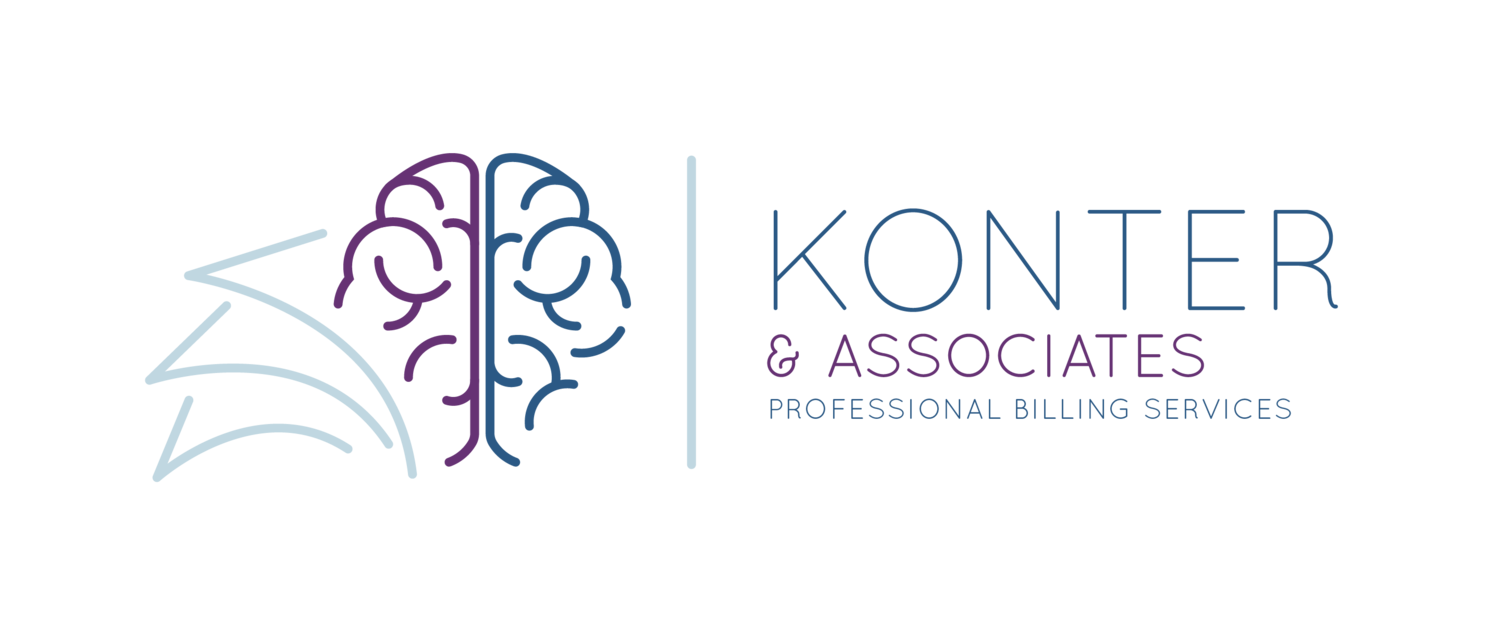Frequently asked questions:
How long do insurance reimbursements typically take? In most cases, it will take at least 30 days from the date the insurer receives a claim to when your mental health practice will receive reimbursement. Some insurers move faster, with turnaround times of two to three weeks, but, as a rule, 30 days is what most practices can expect, if EFT is set up payment turn arounds are generally quicker.
Can clients be billed for the balance after insurance reimbursement? Mental health practices that have contracted with insurance companies cannot balance bill their clients. They must accept the rate the insurer provides and write off any remaining balance. If you’re out of an insurer’s network, you may accept reimbursement from the insurer and then bill the patient for the rest.
What should I do when clients don’t inform me about changes to their insurance plans? In many cases, clients aren’t even aware of changes to their insurance plans. Yes, insurers send out letters explaining the changes, but these letters are often difficult to understand and are rarely read. In other cases, clients have changed jobs and gotten a new plan or have lost their coverage. If you’ve filed a claim and had it denied because the client is no longer covered by his or her old plan, you’ll need to contact the client and get their new information. If they don’t have insurance, you’ll need to try to get payment from the client. If they do have coverage, you’ll need to file with the new insurer.
Do most sessions require pre-authorization? This is something that varies from insurer to insurer. In most cases, an initial session or regular office visit does not require pre-authorization. More extensive services such as psychological testing may require approval from the insurer. Also, some insurers allow a set number of visits without authorization before requiring authorization for any subsequent visits.
Can I bill clients for more than one session per day? Most insurers are pretty strict about the one session per client, per day rule. Under some circumstances, mental health practices may be able to obtain approval for more than one service in a day.
What’s the time limit on filing a claim? This varies from insurer to insurer. Some insurers require claims to be filed very soon after services – 90 days is often a rule among private insurers. Others are more lenient with their time limits. Knowing the insurers you work with and their claims submission rules will help you avoid having claims denied because of late submission.
Is Telehealth therapy reimbursed by insurance? The Affordable Care Act requires that insurance companies make some accommodation for teletherapy but at this time there are a lot of hoops to jump through in order to get paid for this treatment. Only a HIPAA compliant video conferencing platform is allowed and this must be setup at an authorized medical office or facility. So while the technology is available for teletherapy, it’s still difficult to get paid for this. Check with the individual insurance plan to verify their requirements before starting teletherapy treatment.
Is it acceptable to bill claims under another provider’s name and NPI number? This happens a lot in group practices where not all the providers are credentialed with all the insurance plans. A therapist who sees a blue shield patient may not be paneled with that insurance but will bill under under the name and number of another provider in the group so he can get paid. Sometimes it is acceptable to bill this way if you use a billing modifier (Q6) on the claim that indicates the provider is “supervising” care by another clinician. You’ll need to pay close attention to your payer contracts in order to bill for non-credentialed providers correctly. If your new provider is not replacing anyone and if the health plan requires only credentialed clinicians provide services, you cannot bill for services rendered by that provider. A practice would be in violation of their contract with the health plan. In some cases, the health plan will only require physicians be credentialed; in others, plans require all providers (physicians and mid-levels) be credentialed and tied to the contract. It is always preferred that permission to do this is given in writing by the insurance company.
Should I go cash only? The answer to this varies from practice to practice and market to market. Some insurers have good reimbursement rates for mental health services, while others have low rates and rules that make getting paid extremely difficult. In some areas, the low-paying insurers may be the dominant carriers, and few clients in the community may have the better plans.
